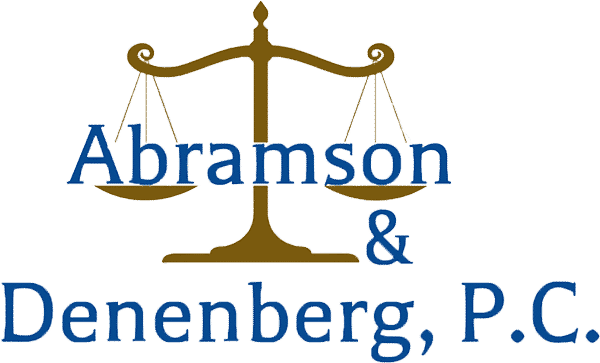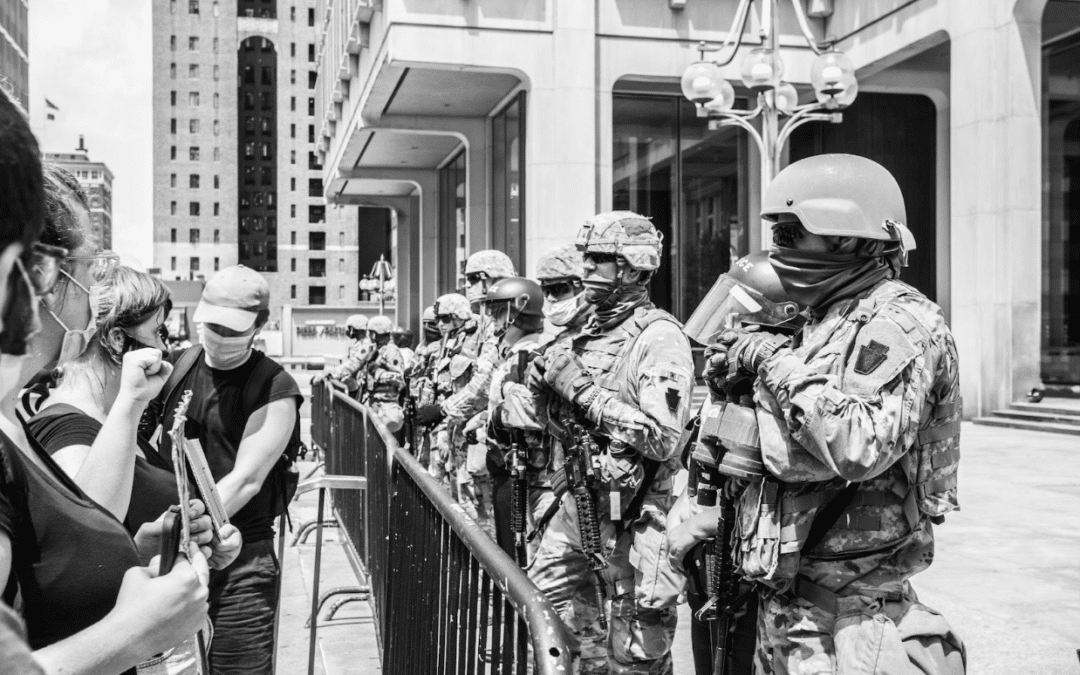Despite receiving training on interacting with the public, it is not uncommon for Philadelphia police officers to abuse their power or act in a discriminatory or harassing way. Police harassment of citizens is far too common and can lead to devastating consequences. If you feel that the Philadelphia police department has harassed you, it is essential that you understand your rights. Generally, the primary way for victims of police harassment to obtain justice is to pursue a legal complaint after speaking to an experienced attorney.
Racial or Ethnic Profiling
Unfortunately, the Philadelphia Police Department has a poor track record regarding treating residents equally, regardless of race. There have been many instances of racial or ethnic profiling by police officers. If you believe that you were targeted, harassed, or arrested because of your race, national origin, or ethnicity by a police officer, you may have a valid legal claim under Title 42 of the United States Code, Section 1983.
Illegal “Stop and Frisk” Without Reasonable Suspicion
A common form of police harassment is to stop and frisk people without having enough legal justification. The Philadelphia Police Department uses stop and frisks for different reasons, including in an attempt to get guns off the streets. However, evidence related to who is stopped and frisked may indicate that Black and Hispanic individuals are more likely to be targeted. An analysis of 2.8 million pedestrian and traffic stops made in Philadelphia since 2014 showed that black Philadelphians are three times as likely as white Philadelphians to be stopped by a police officer.
Although black residents make up 40% of the population of Philadelphia, approximately 70% of the stop-and-frisk incidents were of black residents. Suppose you feel you have been targeted for a stop and frisk because of your race or that the police officer involved did not have adequate reasonable suspicion to justify stopping you. In that case, it is crucial that you reach out to an attorney. You may have a valid legal claim against the officer and police department responsible for the stop and frisk.
Sexual Harassment
Sexual harassment and sexual misconduct by police officers are common forms of harassment. This type of harassment can occur anytime a police officer engages in sexual abuse, sexual acts, sexual harassment, sexual advances, or any other type of sex-related violation of an adult or minor. A police officer may use their authority to pressure a victim into engaging in sexual acts or may harass someone on the street with overtly sexual comments.
Sexual misconduct and other types of police harassment are among the most common reasons people submit police-related complaints. Sexual harassment includes sexual activity when the police officer is on duty, sexual assault, and child molestation. If you were someone you know has been the victim of sexual misconduct or sexual harassment by a Philadelphia police officer, it is essential that you discuss your case with an attorney to learn more about your legal options and how to hold the police officer and department accountable.
Intimidation
Police officers may use the threat of an arrest or even police brutality to intimidate or bully citizens into doing what they want them to do. Some officers enjoy intimidating people as a way to assert their power. Understandably, many Philadelphia residents are concerned about being falsely rested or harassed by the police. Officers may understand this fear and use it as a way to bullying intimidate people wrongly.
Surveillance Abuse
Similarly, police officers may try to engage in unlawful surveillance of citizens to intimidate them. The fourth amendment protects Philadelphia residents from unlawful searches and seizures. Police officers cannot decide to surveil someone because they do not like them, are racially profiling them, or are trying to intimidate or harass them. When police officers do not follow the correct procedures and obtain a warrant, the surveillance’s legality will be questioned. If you believe you are being surveilled by a police officer or department in a harassing way, it is crucial that you reach out to an attorney.
Political Repression
Police officers cannot harass individuals or use their authority as a way to repress them from voting or expressing their political beliefs. for example. Police officers cannot harass individuals who are peacefully protesting in Philadelphia to stop them from expressing their viewpoints protected by the first amendment.
Off-Duty Harassment
Police officers may try to harass a citizen while they are off duty. The officer may have previously arrested someone or had an encounter with that person and did not like the individual. If the officer comes across the individual in an off-duty setting, the officer may try to humiliate them or bait them into a fight. If a police officer has been following you or harassing you while they are off-duty, it is crucial that you speak to an attorney about filing a report and a potential legal claim. Police officers cannot harass citizens at any time, including when off duty.
False Arrest
Police officers cannot make arrests unless they have prior authorization from a judge or the circumstances necessitate a search or seizure without court approval. Suppose a police officer conducts surveillance without approval from a court or probable cause, collects personal data, or searches your property. In that case, you may be able to pursue a claim based on wrongful search, seizure, or surveillance.
If you have been falsely arrested when the police officer did not have probable cause to do so, it could be a form of police harassment. Some police officers threaten people with false arrests to harass or pressure them into doing the police officer’s bidding. When police officers engage in false arrests, they jeopardize the victim’s safety. False arrests can lead to police brutality and excessive force.
Have You Been Subjected to Police Harassment? We Can Help
If a police officer in Philadelphia has targeted or harassed you, it is essential that you understand your legal rights. Philadelphia police officers cannot engage in harassment, discrimination, police brutality, or other unlawful actions. Do not delay. Contact the experienced attorneys at Abramson & Denenberg, P.C. to schedule an initial consultation and learn more about how we can advocate for your rights.

